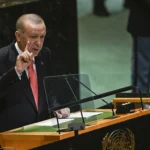Waqf board bill 2024 : As an entity with the legal capacity to own, acquire, and transfer property, a Waqf Board is an entity. With the Waqf Board Bill 2024, the Waqf Board’s structure and operations are to be drastically altered.

The Center is prepared to present a bill to the legislature. The goal is to enhance the Waqf boards’ operational efficiency and transparency by amending the Waqf Act of 1995. Additionally, it aims to make the inclusion of women in the bodies mandatory. According to sources, the project is genuinely a reaction to demands made by the Muslim community.
Recently, the Bill was reviewed by the Cabinet. Its goal is to repeal the different Waft Act provisions. The reforms specifically seek to reduce the Waqf Board’s arbitrary jurisdiction.
The important amendments
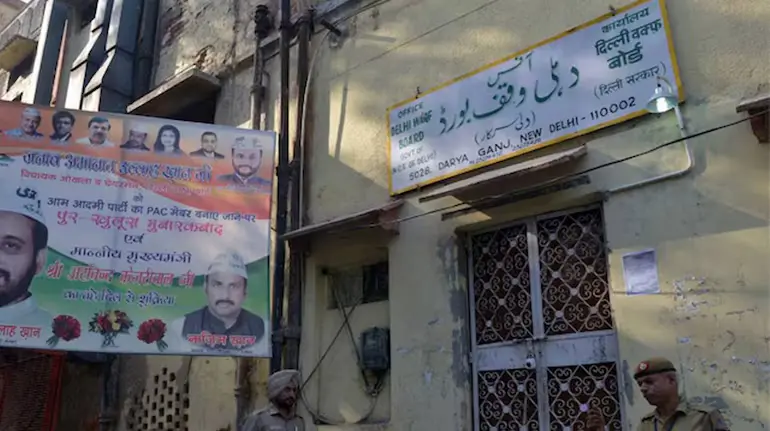
The current Waqf Act is being amended in excess of forty times by the Bill. To preserve transparency, one of these is that the Waqf Board will have to go through mandatory verification for each and every property claim. Making changes to Sections 9 and 14 in order to change how the Waqf Boards operate and are composed is another crucial goal. Increasing the representation of women is one of the amendments.
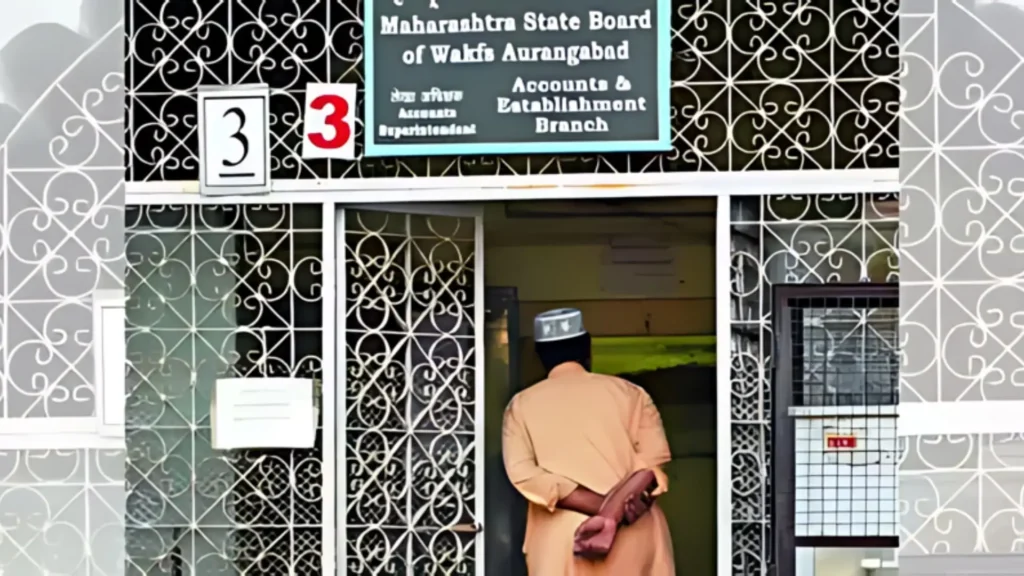
In addition, properties that the Waqf Boards have claimed will undergo additional verification in order to handle conflicts and prevent abuse.
Serious worries about the Waqf Board’s arbitrary powers are what led to the legislation. Due to the powers, large areas of land have been recognized as Waqf assets, which typically results in conflicts and charges of misuse.
Understanding the Waqf Act of 1995
“Auqaf” by a wakif is regulated under the Waqf Act of 1995. According to Muslim law, the person who dedicates property for uses deemed to be religious, charitable, or pious is known as the wakif. Auqaf are the assets that are dedicated as waqf.
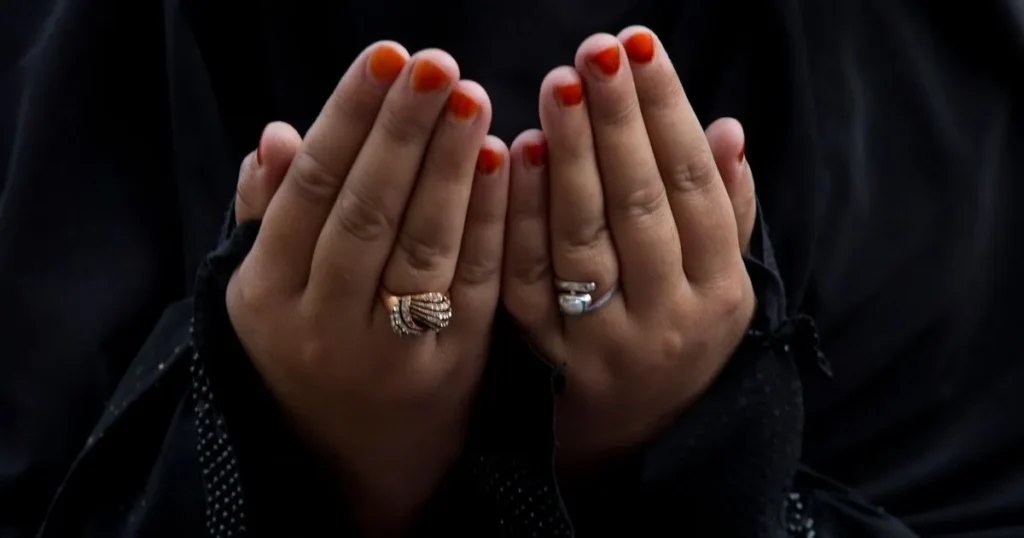
The UPA government made amendments in 2013 that gave Waqf Boards more authority.
In the next several days, the Bill might be introduced in the Parliament. Should the Bill become law, it will alter the nation’s Waqf property laws and regulations, bringing them into compliance with other Islamic nations where such powers are not vested in a single body.
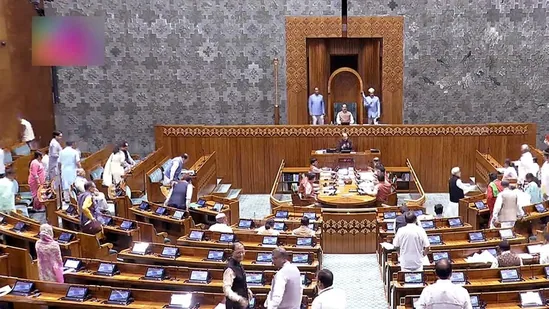
The need for changes to the current legislation is highlighted by the numerous voices of women, intellectuals, and Muslim sects.
According to a preliminary analysis of the legal frameworks in Islamic nations like Saudi Arabia and Oman, such powers are not granted to a single institution.


